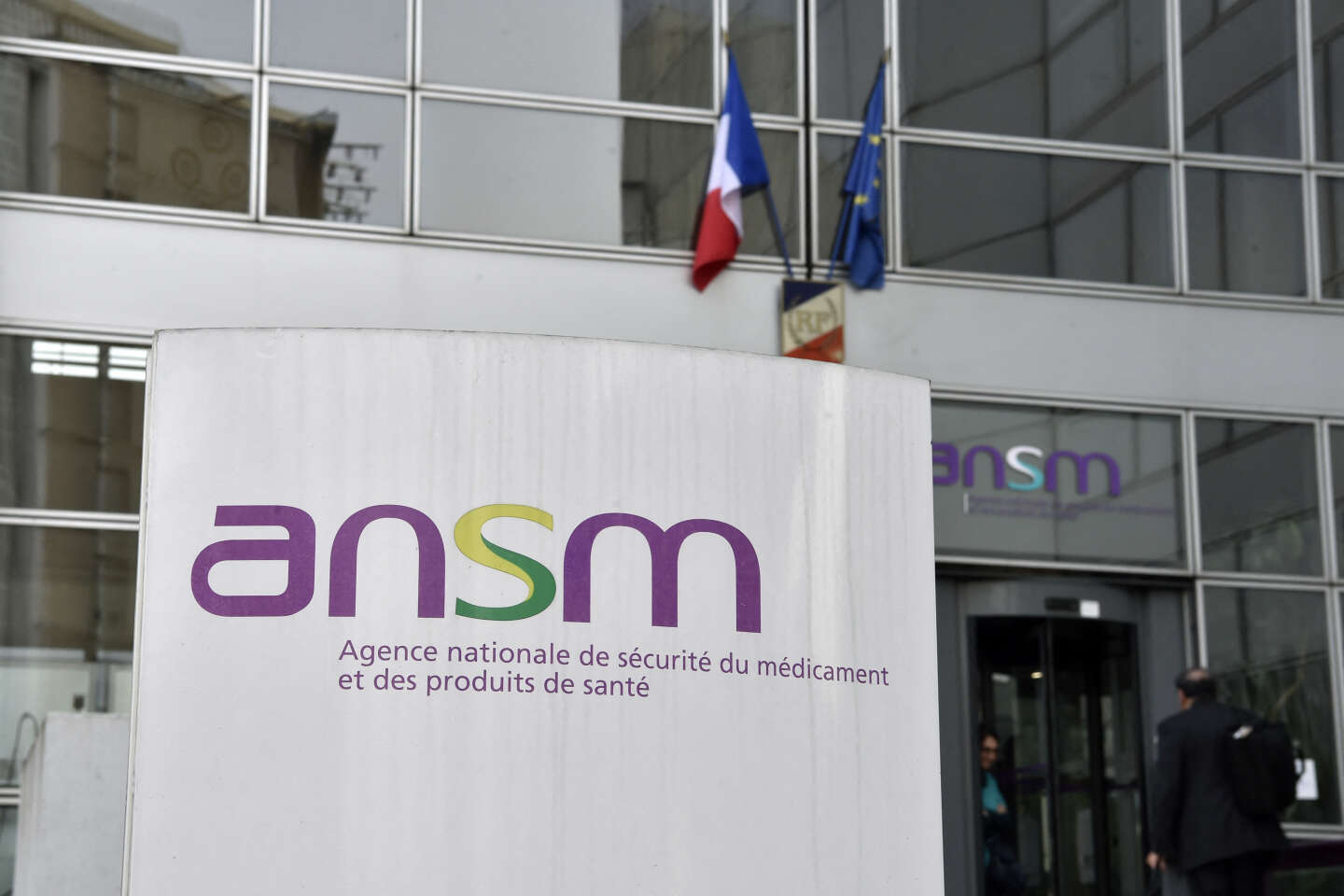
The National Agency for the Safety of Medicines and Healthcare products (ANSM) observed a “Steady increase in reports of severe allergic reactions associated with chlorhexidine”a bactericidal antiseptic, and prompted on Thursday, November 30th Not to use it as the first disinfectant at home.
“Many people in France are exposed to it, increasing the risk of sensitization and therefore the risk of an immediate and serious allergic reaction.”, according to ANSM. The latter specifies: “Such reactions, although rare, usually occur within an hour of using chlorhexidine. »
These possible allergic reactions include hives, facial swelling, difficulty breathing, and even anaphylactic shock, an extremely severe allergic reaction that is an absolute medical emergency.
Not recommended as a household disinfectant
Chlorhexidine is included in the composition of many products. It is used as an antiseptic primarily for use on the skin or in the form of mouthwashes, oral spray solutions, lozenges, eye drops or urological gels. Finally, it is found in hygiene products (e.g. certain toothpastes) and in certain cosmetics (sometimes used as a preservative).
To reduce the risk of allergy, the ANSM advises against using chlorhexidine as a disinfectant at home. “Washing with clean water and soap is the priority for cleaning a superficial wound”She adds.
If an allergy to chlorhexidine has already occurred, the ANSM recommends that you notify your nurse, pharmacist, doctor, surgeon or dentist. In addition, healthcare professionals are encouraged to offer their patients products other than chlorhexidine.





